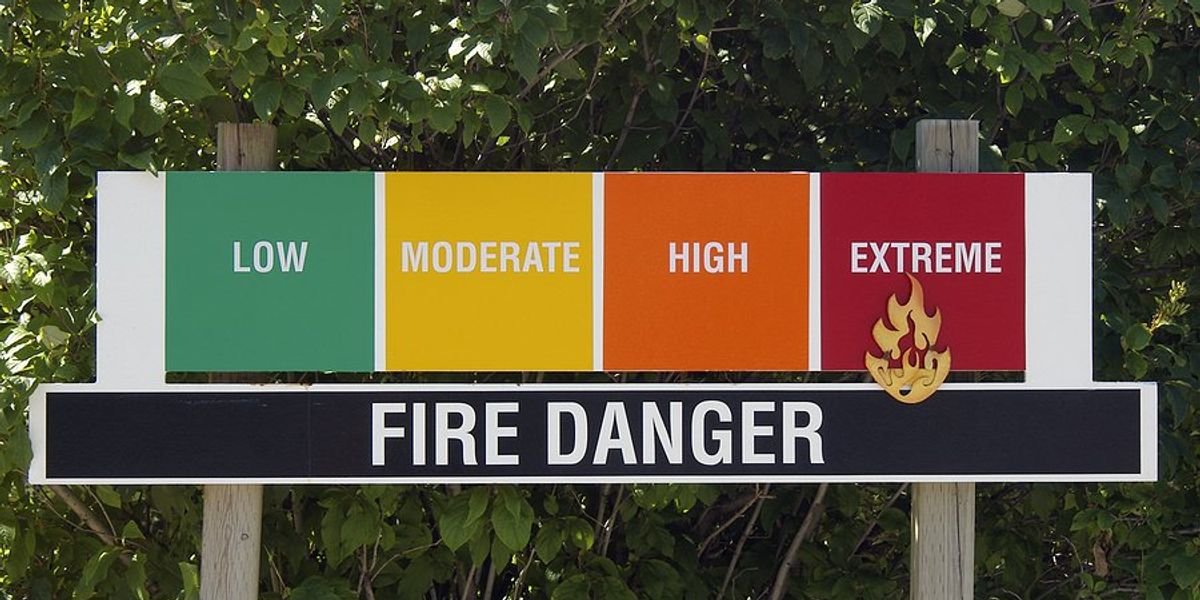language
Dramatic climate language does little to increase public concern
New research shows that using terms like "climate emergency" or "global boiling" doesn't significantly raise public concern compared to traditional phrases like "climate change."
In short:
- The study found that dramatic phrases like "climate crisis" generated less concern than expected.
- Only 33% of respondents had heard of "climate justice," with a large partisan divide in concern levels.
- Researchers suggest that concrete actions and relatable role models might be more effective than new terminology.
Key quote:
“You can’t be concerned about something that you’re not familiar with.”
— Wändi Bruine de Bruin, professor of public policy at USC
Why this matters:
Public awareness of climate change is high, but the push for more evocative language may not be the best strategy to inspire action. Focusing on clear, actionable steps could better motivate individuals to make impactful changes.
Related EHN coverage:
Young Indigenous voices address climate change at UN forum
Indigenous youth leaders shared their unique challenges and solutions at this year's United Nations forum on Indigenous issues.
In short:
- This year's United Nations Permanent Forum on Indigenous Issues focused on listening to Indigenous youth's interests and concerns.
- The young leaders from across the globe expressed a wide array of concerns, from the dual vulnerabilities of Indigenous and LGBTQ+ communities in Greenland due to climate change to struggles for self-determination exacerbated by external political pressures and environmental concerns.
Key quote:
“When we listen to the land, the land will listen to us. It’s a language. Climate change is creating a language barrier.”
— Jakirah Telfer, representative of the Kaurna peoples in Australia.
Why this matters:
Many indigenous communities rely on natural resources for their livelihoods—such as hunting, fishing and agriculture. Changes in climate patterns can lead to resource scarcity, affect food security and disrupt traditional economic activities.
We need to stop compartmentalizing the environment, family and culture as separate problems, argued Diné researcher Kevin Patterson in this 2023 essay.
‘The change in pace is crazy’: AI boosts climate information translation drive
A network of young volunteers that translates climate information into dozens of languages is being boosted by new artificial intelligence tools designed by Google.
‘Polar vortex’ got you baffled? Try this extreme-weather guide
The right words are crucial to solving climate change
Speaking to people’s priorities can build the will needed to implement climate solutions.
Lost for words: fears of ‘catastrophic’ language loss due to rising seas
Climate crisis could be the ‘nail in the coffin’ for half of languages spoken by the end of the century, say linguists, as coastal communities are forced to migrate.
Why the language of climate change matters
New and borrowed words from the worlds of art, academia and activism can help us to better “imagine how to adapt and flourish” amid the challenges of the climate crisis.



















